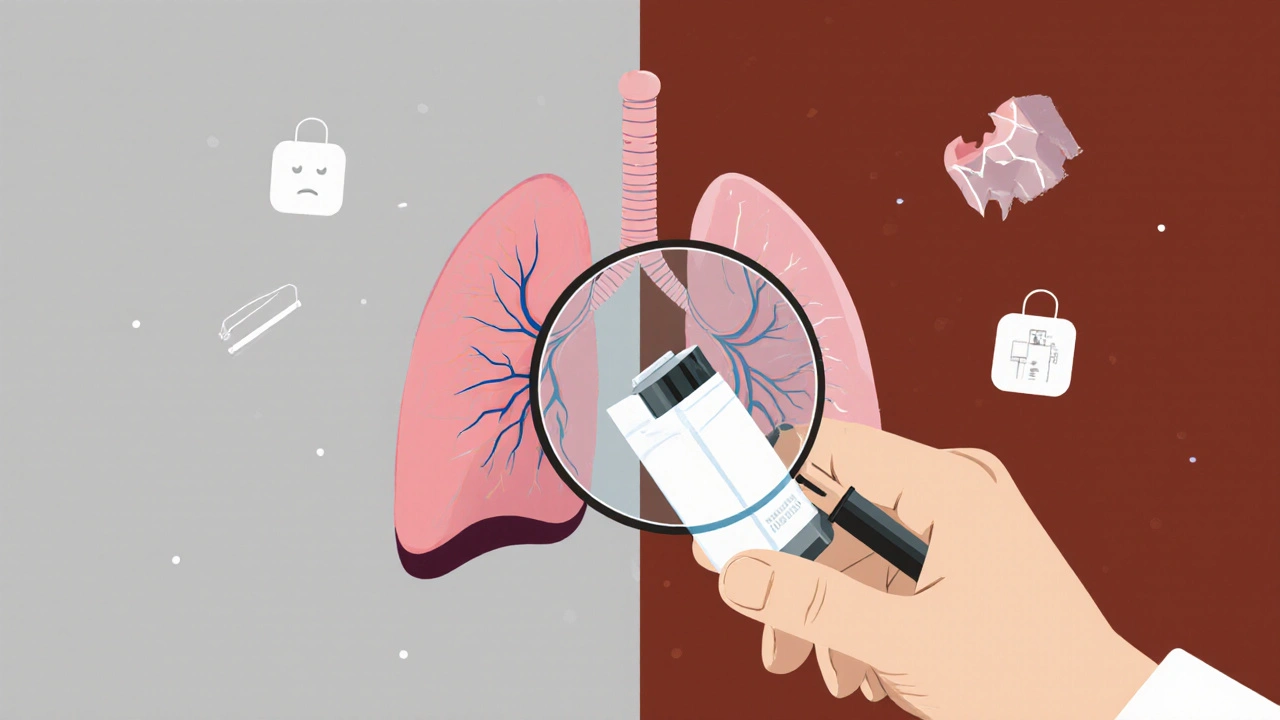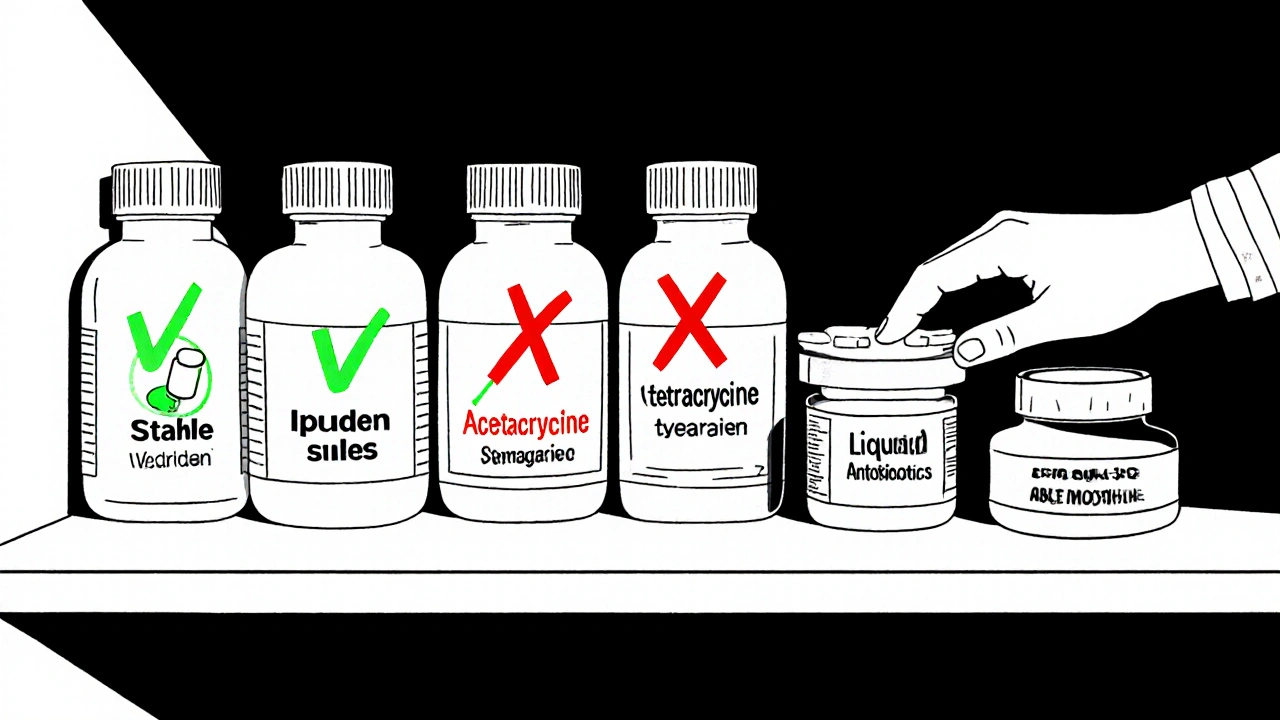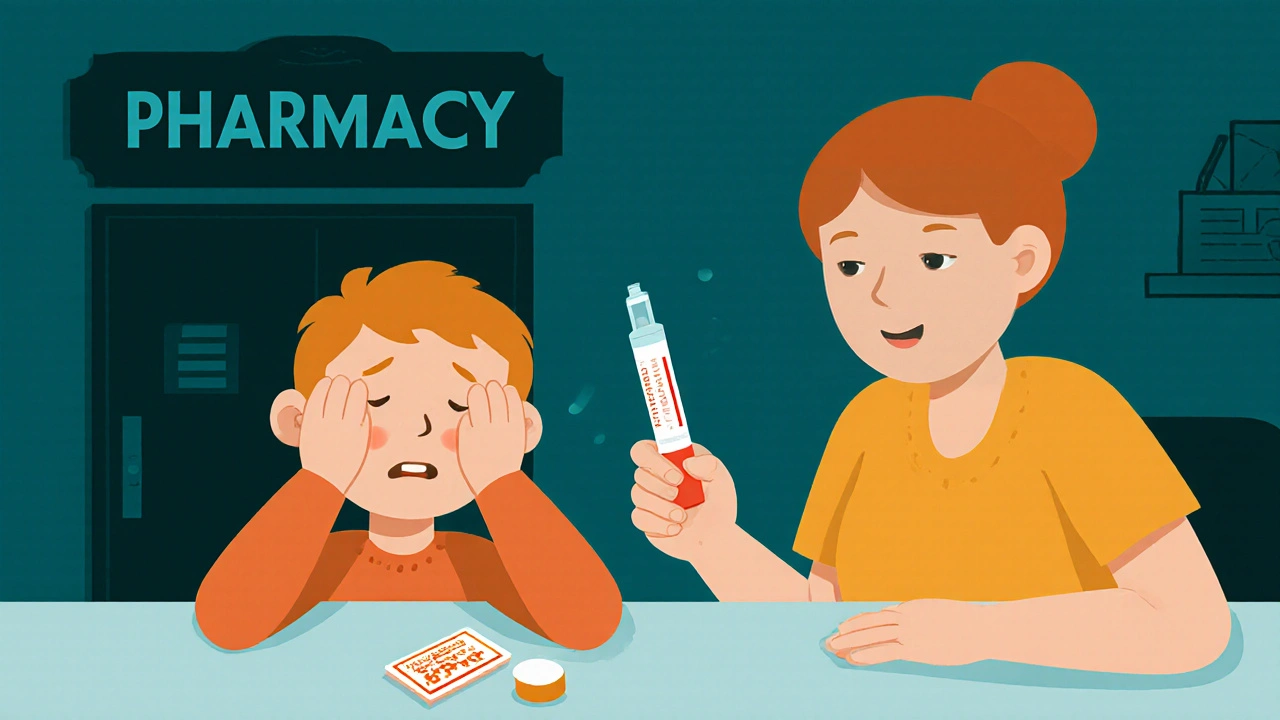Most people throw away pills after the expiration date. But what if that’s the only medicine you have when your child has a severe allergic reaction, or your parent’s heart starts acting up, and the pharmacy is closed? In real emergencies, expired medications aren’t just a last resort-they can be a lifeline.
Expiration Dates Don’t Mean ‘Useless’
The date on your medicine bottle isn’t a death sentence. It’s a manufacturer’s guarantee that the drug will work as expected under ideal storage conditions. That’s it. The U.S. Food and Drug Administration (FDA) started requiring expiration dates in 1979, but they didn’t test how long drugs actually last. They tested how long they’d last in perfect conditions-cool, dry, dark-and then added a safety buffer. Most drugs don’t suddenly turn toxic or useless on that date. A government program called the Shelf Life Extension Program (SLEP), run by the FDA and the Department of Defense since 1985, tested over 100 drugs stored in military stockpiles. The results? Nearly 90% retained at least 90% of their original potency up to 15 years past expiration. In one study, 88% of 122 different medications were still effective after 8 years past their printed date. These aren’t outliers. They’re data. Pharmaceutical companies keep short expiration dates mostly to avoid lawsuits. If a drug fails after 10 years and someone gets hurt, the company could be blamed. So they set the date at 2 or 3 years-even if the drug could last 10. That’s business, not science.Not All Medicines Are Created Equal
Some expired drugs are fine. Others? Dangerous. Safe to use (in emergencies):- Acetaminophen (Tylenol)
- Ibuprofen (Advil)
- Diphenhydramine (Benadryl)
- Albuterol inhalers (if stored properly)
- Insulin
- Epinephrine auto-injectors (EpiPens)
- Nitroglycerin
- Liquid antibiotics
- Tetracycline
When Is It Okay to Use Expired Medicine?
There’s a clear line: only in emergencies, when no alternatives exist. The Denver Metro EMS Medical Directors laid out a simple rule: expired meds are allowed only if:- You’ve exhausted all non-expired options
- The condition is life-threatening
- There’s no safe, available substitute

How to Check If an Expired Drug Is Still Usable
Don’t just swallow it. Inspect it.- Look: Is it discolored? Are there particles? Is a tablet cracked or crumbling? Is liquid cloudy or moldy? Throw it out.
- Smell: If it smells funny-like vinegar or chemicals-it’s degraded.
- Feel: Tablets should be hard. If they crumble in your fingers, they’ve absorbed moisture and won’t work right.
- Storage history: Was it kept in a hot bathroom? In direct sunlight? In a car during summer? That kills potency faster. Medications stored above 30°C degrade 2-3 times faster.
What Happens If You Take a Sub-Potent Drug?
Most of the time? Nothing dramatic. You just don’t get better. Take an expired antibiotic. If it’s only 60% potent, it might not kill all the bacteria. The survivors become resistant. That’s how superbugs grow. That’s why doctors warn against using expired antibiotics-even if you feel fine. Or take an expired seizure medication. A 15% drop in potency can increase seizure risk by 35%, according to the Epilepsy Foundation. That’s not a gamble you want to take. But for pain relievers? You might feel a little less relief. But you won’t get worse.
What About Home Use?
A 2022 survey found 68% of seniors keep expired meds at home. 41% admit using them in emergencies-mostly for pain or allergies. One Reddit user reported using a 3-month-old expired EpiPen during an allergic reaction. The patient improved within two minutes. They still went to the ER, as recommended. No harm done. But another case in a medical journal tells a different story: a 6-month-old expired albuterol inhaler failed to open an asthmatic’s airway. The patient needed intubation. That’s why documentation matters. If you use an expired drug, write down: what it was, when it expired, how it looked, and what happened.The Future: Smart Expiration Dates
Researchers are working on better ways to know if a drug is still good. The University of Florida developed a portable Raman spectroscopy device that can scan a pill and tell you its potency in seconds-no lab needed. Some experts predict we’ll soon have “dynamic expiration dates”-labels that change based on how the drug was stored. Imagine a smart pill bottle that says: “Potency: 82% - stored at 28°C for 14 months.” For now, though, we’re stuck with printed dates and our own judgment.Bottom Line: Use With Caution, Not Convenience
Expired meds aren’t magic. They’re not always safe. But they’re not always useless. If you’re in a true emergency-with no other options-and the drug is solid, clean, and stored properly, using it might save a life. That’s not reckless. That’s practical. But never use expired insulin, epinephrine, or tetracycline unless you have no choice. Never use them for minor issues. Never use them because you’re lazy. And always, always replace them as soon as you can.Is it dangerous to take expired medicine?
Most expired medications don’t become toxic-they just lose potency. The main risk is that they won’t work well enough to treat your condition. For example, an expired antibiotic might not fully kill an infection, which can lead to antibiotic resistance. But drugs like ibuprofen or acetaminophen are generally safe to use past expiration, even if they’re slightly less effective.
Which expired medications are safest to use in an emergency?
Solid oral medications like acetaminophen, ibuprofen, and diphenhydramine are the safest. They’re stable, slow to degrade, and rarely harmful even when old. Albuterol inhalers can also be used in emergencies if they look normal and were stored properly. Avoid liquids, insulin, epinephrine, and antibiotics unless there’s absolutely no alternative.
How do I know if an expired drug is still good?
Check for visible changes: discoloration, cloudiness, strange smells, crumbling tablets, or particles. If it looks or smells off, don’t use it. Also consider storage: was it kept in a cool, dry place? If it was in a hot bathroom or a car, it likely degraded faster. If everything looks normal and it’s a low-risk drug, it may still work.
Can expired epinephrine still work?
Yes, in many cases. Studies show that even 12 months past expiration, 78% of EpiPens still delivered enough epinephrine to reverse anaphylaxis. But potency drops by about 25% per year. If you have a choice, always use the unexpired one. If you don’t, use the expired one-it’s better than nothing. Always seek emergency care afterward.
Why do drug companies set such short expiration dates?
It’s mostly about legal liability, not science. Manufacturers test drugs under ideal conditions and add a safety buffer. But they don’t test for 10-year stability because it’s expensive and unnecessary for profit. Shorter dates mean more repeat sales. Government programs like the FDA’s SLEP have proven many drugs last far longer, but companies still use conservative dates to avoid lawsuits.
Are there any official guidelines for using expired medications?
Yes. The Denver Metro EMS Medical Directors and the American College of Emergency Physicians both have clear guidelines. They allow expired meds only during emergencies, after all non-expired options are exhausted, and only for life-threatening conditions. Visual inspection and documentation are required. These are not suggestions-they’re protocols used in real emergency systems across the U.S.

Comments (9)